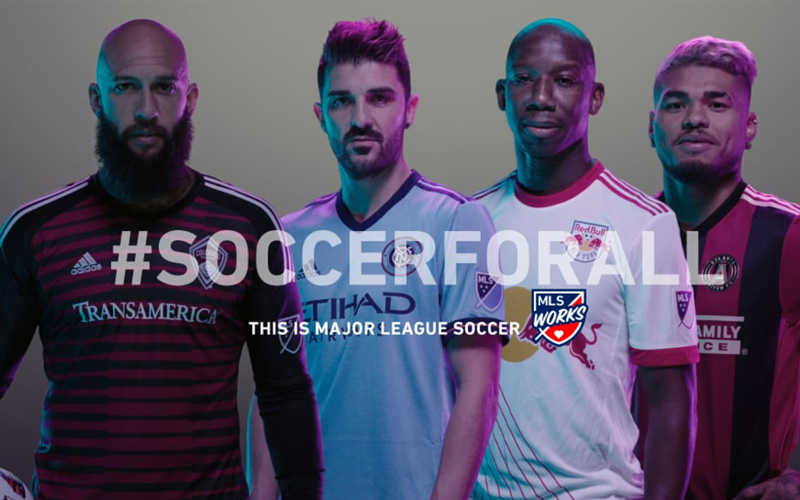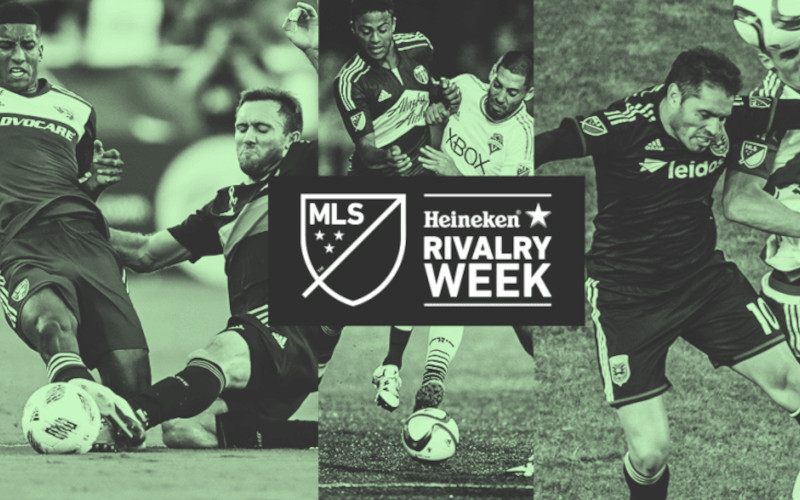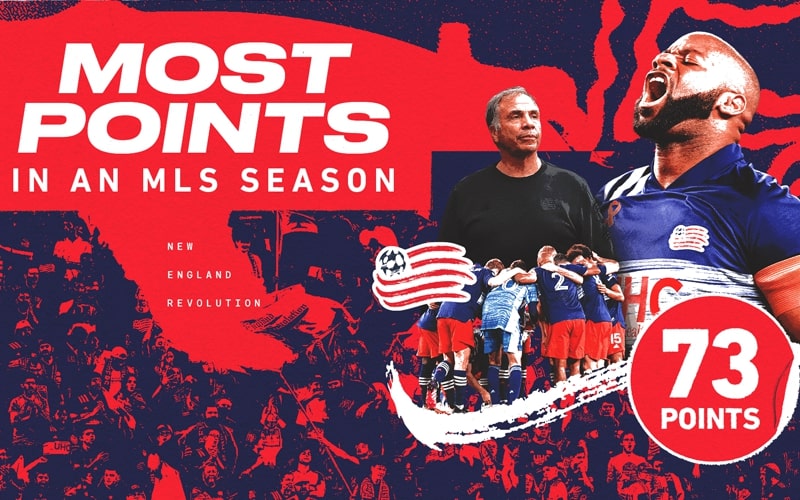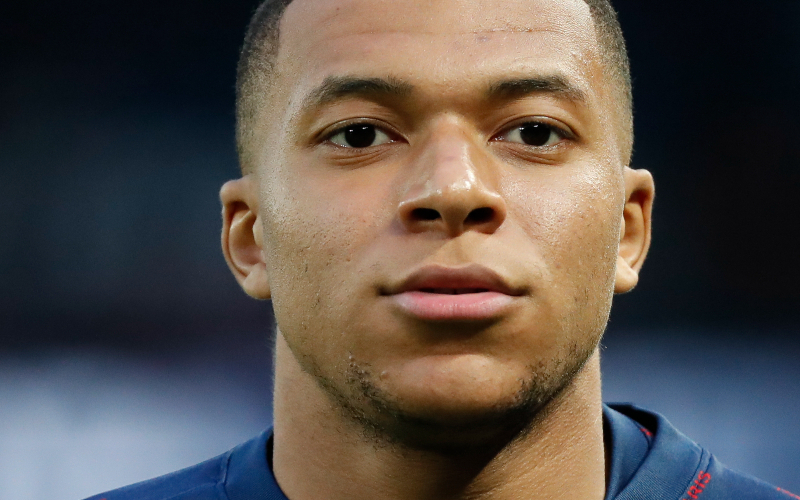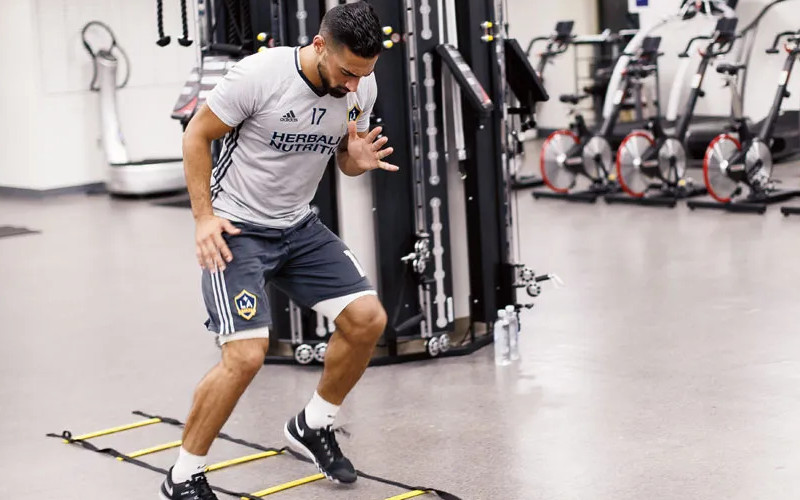MLS Clubs: Leading the Charge for Diversity and Inclusion
Major League Soccer (MLS) clubs have consistently been at the forefront of promoting diversity and inclusion. With soccer being the most popular sport globally, the MLS has a unique opportunity to create an inclusive environment that transcends cultural, racial, and gender barriers. In this article, we explore how MLS clubs help to promote diversity and inclusion in soccer.
Embracing Different Cultures and Backgrounds
MLS clubs have made a concerted effort to embrace players from various cultural and national backgrounds. The league currently boasts players from over 70 countries, which is more than any other professional soccer league in the world. This diversity has enriched the league, with clubs benefiting from the different styles of play and unique perspectives that these players bring.
International Player Acquisition
MLS clubs have been strategic in acquiring international players, recognizing that this not only enhances the on-field product but also boosts the league’s popularity in various countries. For example, when LA Galaxy signed Mexican superstar Javier “Chicharito” Hernandez in 2020, it increased the interest of Mexican soccer fans – a crucial demographic in the United States.
Homegrown Talent Development
In addition to attracting international stars, MLS clubs have also invested in developing homegrown talent. Clubs have established academies across the United States and Canada, providing opportunities for young players from diverse backgrounds to pursue a professional soccer career. The academy system has been essential in the success of American players such as Jordan Morris (Seattle Sounders) and Tyler Adams (New York Red Bulls).
Supporting LGBTQ+ Inclusivity
MLS clubs have been pioneers in supporting LGBTQ+ inclusivity in professional sports. From participating in pride events to collaborating with advocacy groups, the league has demonstrated its commitment to creating a safe and welcoming environment for all.
Participation in Pride Events
MLS clubs have embraced pride events by participating in pride parades, hosting pride-themed games, and even creating custom pride merchandise. Teams such as the Portland Timbers, Orlando City, and LA Galaxy have all participated in pride events to show their support for the LGBTQ+ community.
Collaboration with Advocacy Groups
MLS clubs have taken their commitment to LGBTQ+ inclusivity a step further by partnering with advocacy groups. For example, in 2013, the New England Revolution became the first professional sports team to partner with You Can Play, an organization that fights against homophobia in sports. This partnership has since expanded into a league-wide initiative, with additional collaborations between clubs and advocacy groups like Athlete Ally and the Human Rights Campaign.
Promoting Gender Equality
MLS clubs have been proactive in their efforts to break down gender barriers within soccer.
Female Leadership in MLS Clubs
Several MLS clubs have appointed women to key leadership positions, demonstrating their commitment to gender equality and promoting diverse perspectives at the highest levels of the organization. Notable examples include Meg Whitman, co-owner of FC Cincinnati, and Karen Leetzow, General Counsel of the Seattle Sounders.
Support for Women’s Soccer
MLS clubs have also shown their support for the growth of women’s soccer by partnering with or directly investing in women’s soccer clubs. For example, the Portland Thorns FC and the Houston Dash share ownership with their respective MLS counterparts, while other clubs like Orlando City and Real Salt Lake have affiliations with women’s soccer teams.
Community Outreach Efforts
MLS clubs have made it a priority to engage with their local communities and use soccer as a means to bring people together, regardless of their background.
Soccer for All Campaign
In 2018, MLS launched the Soccer for All campaign, which aims to foster more inclusive environments within soccer. As part of this initiative, clubs host various events throughout the season that cater to diverse fan bases, such as Cultural Celebration Nights, which highlight various cultural groups within the club’s fanbase.
Charitable Efforts
MLS clubs also work closely with local charitable organizations to create soccer programs for marginalized communities. For instance, the New York City FC has partnered with local non-profit organizations like City in the Community and South Bronx United to provide soccer programs for underprivileged youth in the city.
Encouraging Dialogue on Social Issues
MLS clubs have not shied away from using their platform to address social issues and spark conversation on topics such as racism, inequality, and social injustice.
Showcasing Black Players’ Experiences
MLS clubs have taken steps to amplify the voices of their Black players by sharing their experiences and perspectives on racism in soccer. For example, the Black Players for Change (BPC) organization was formed in June 2020, with the support of the league and its clubs. The BPC aims to address racial inequalities within soccer and to create opportunities for Black talent at all levels of the sport.
Taking a Stand on Social Issues
MLS clubs have also taken a stand on social issues like the Black Lives Matter movement, with teams and players participating in various forms of protest and activism. For example, MLS clubs have displayed BLM banners and worn BLM armbands during games to show their support for the movement.
Conclusion
Overall, MLS clubs have demonstrated a clear commitment to promoting diversity and inclusion within soccer, both on and off the field. By embracing different cultures, supporting LGBTQ+ inclusivity, promoting gender equality, engaging with local communities, and using their platform to address social issues, MLS clubs have set a benchmark for other soccer leagues and sports organizations around the world to follow.
